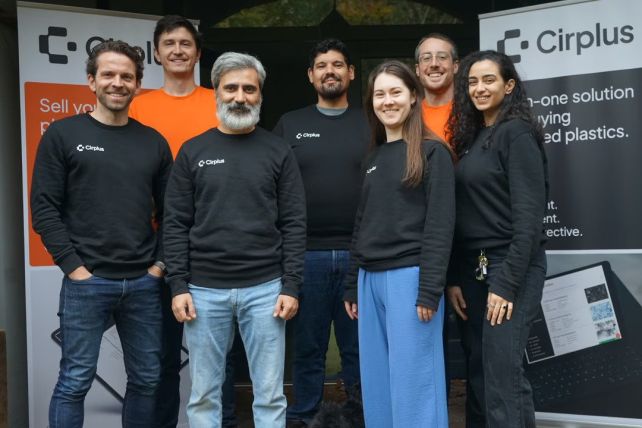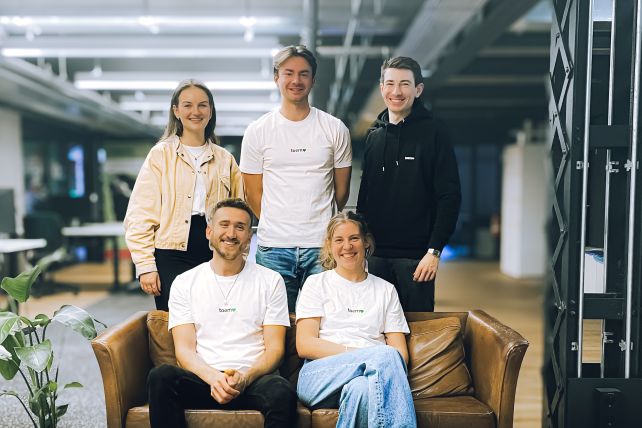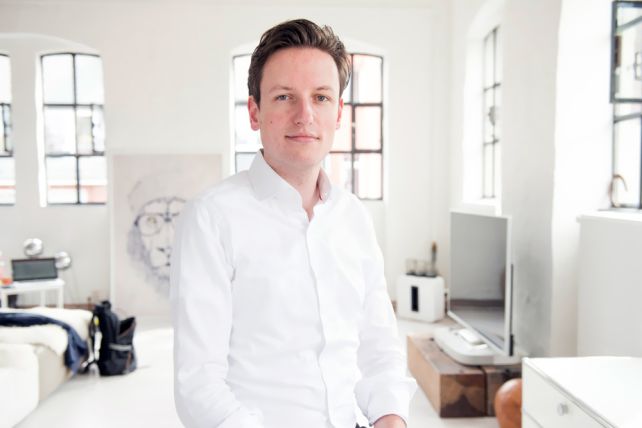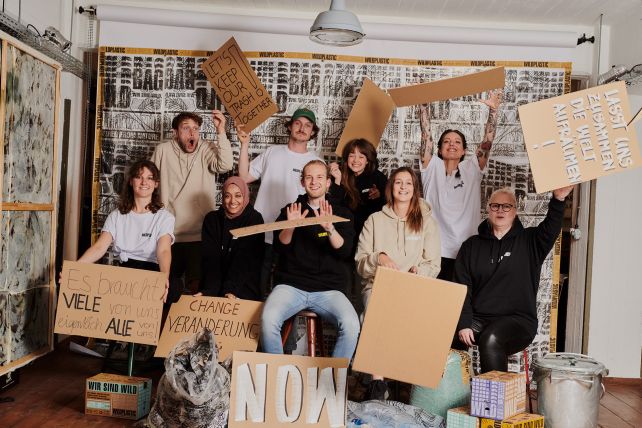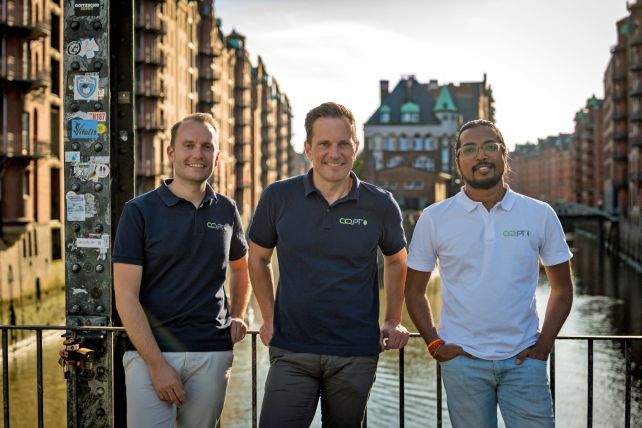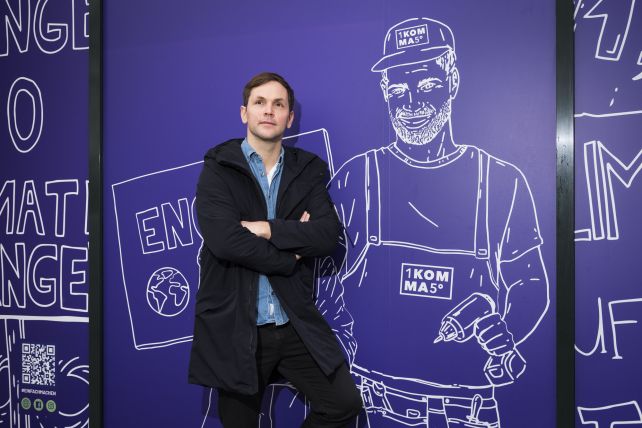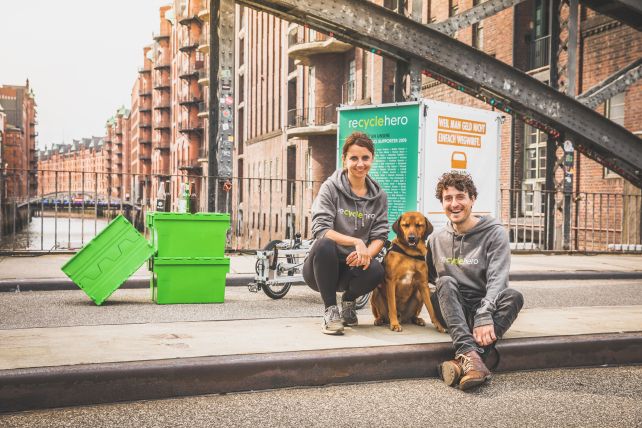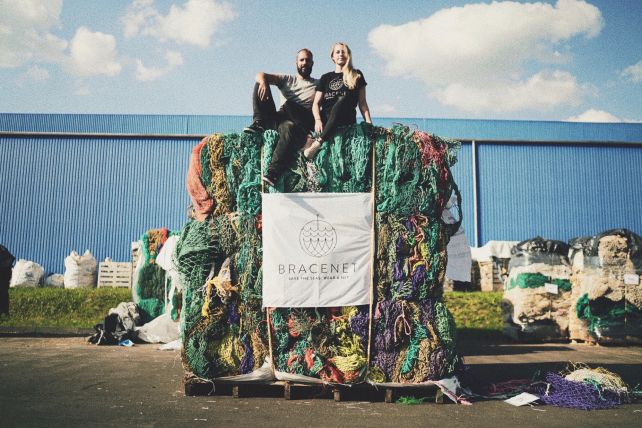The climate crisis, rising prices, supply bottlenecks and a world population that continues to rise - the future of food is fraught with many pressing questions. Mushrooms could play an important role in answering them. At least that is the hope of startups like Mushlabs. The EU apparently sees it that way, too, because there was recently an eight-figure funding from a European funding program.
First, let's take a little trip into biology. Most people would probably intuitively classify mushrooms as plants. Until a few decades ago, this was also the scientific standard, but now we speak of three major kingdoms of living things: Animals, plants, and (mushrooms) fungi. In some respects, fungi are even more closely related to animals than to plants; one major difference from them is photosynthesis, of which fungi are incapable. Instead, they are nature's recycling specialists. With their highly active enzymes, they can break down a wide range of nutrient molecules, making them useful again for the environment.

Another common misconception concerns the nature of fungi. The term immediately conjures up the image of a champion or chanterelle in the mind's eye. However, many fungi species do not form fruiting bodies at all, and even in the case of the well-known edible mushrooms, they make up only a small part of the organism, comparable to the apples of an apple tree. The larger part remains hidden from the human eye. It is the root network called mycelium, which can spread underground over areas of up to one square kilometer and more; in this sense, mushrooms are the largest living creatures on earth.
Mycelium has many fascinating properties. For example, it can conduct electrical impulses and virtually serve as data highways in the forest floor. Most interesting from a human perspective is its use as a raw material in a wide variety of areas, for example as a leather substitute, packaging material or building material. And, of course, in food production. Dr. Mazen Rizk, who completed his studies in biotechnology at the Technical University of Hamburg, is conducting research in this area. While working for a company specializing in yeast, he met Dr. Thibauld Godard, also an expert in biotechnology.
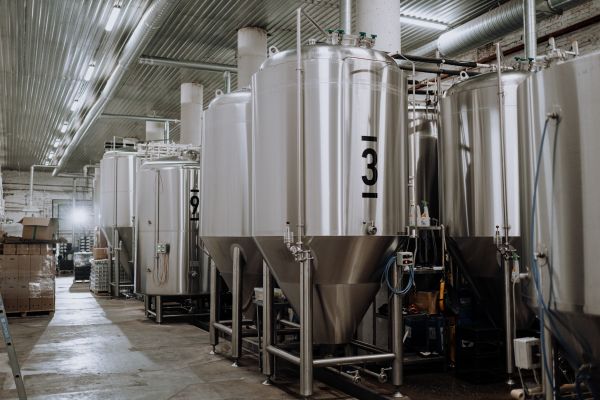
Fermentation is a classic in food processing
Together with Cathy Hutz, the two form the founding trio of Mushlabs. Cathy did her master's in business psychology in Hamburg, and her master's in food product development in Vienna. In Copenhagen, she has worked in the most renowned restaurants and published a book together with chef Antje de Vries. The focus of her work has always been fermentation, a process she says she "really fell in love with" and which plays an essential role at Mushlabs.
And not only there. The process, which uses cell cultures or enzymes, is indispensable in food production. It ensures the shelf life of sauerkraut or kimchi, enables the making of cheese and yogurt and the production of alcoholic beverages such as beer and wine. Even tea and tobacco are fermented. According to the variety of foods, there are also different fermentation processes. In the case of Mushlabs, the art now lies in finding the optimum nutrient substance for the mycelium.
Normally, as mentioned, mycelium grows underground, but harvesting is not possible there. Instead, Mushlabs cultivates the mycelium in fermenters (see picture). The fermentation liquid is based on by-products from food production. In this way, the startup is doing its part in the fight against resource waste, but that is only one of many sustainability aspects. It's common knowledge that plant-based, or in this case fungal, foods generally leave a much smaller carbon footprint than animal-based ones. In the case of mycelial fermentation, there is also the fact that no agricultural land is consumed. In principle, the process can be carried out in any cellar. Neither fertilization nor pest control are required.
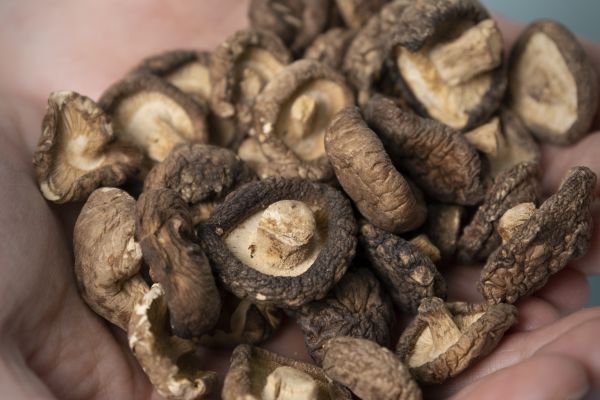
A familiar and at the same time completely new food product
Mushlabs uses for its production the spores of well-known edible mushrooms, which once introduced into the nutrient liquid, grow almost by themselves into a mycelium. Of course, it's not quite that simple; the secret lies in the temperature and pH value, among other things, and the quality of the end product depends on these and other details. The taste, on the other hand, does not need much tweaking, edible mushroom mycelium already brings a distinct aroma. It's not about imitating meat, but the products that Mushlabs will bring to market will already have a familiar appearance and will be easy to fry, for example.
Until then, we will have to wait a little longer. The reason for this is the EU's Novel Food Regulation, which came into force in 1997. According to this, all foods that were not common in the European culture at that time must first go through an approval procedure. Mushrooms have probably been eaten since the Stone Age, but only the fruiting body, not the mycelium. However, Mushlabs expects that approval will be granted quickly.
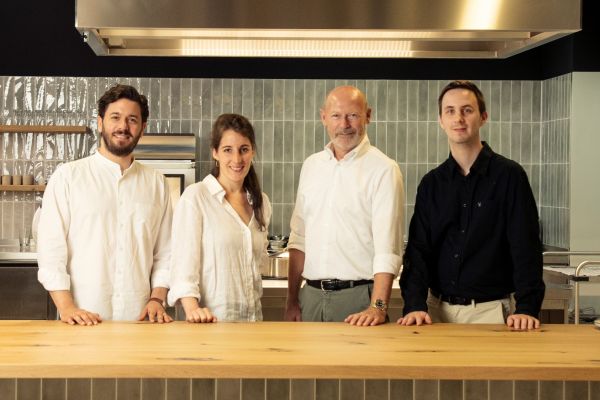
Started in Berlin, soared in Hamburg
The startup was founded back in 2018, initially in Berlin. One reason for this was the hope that it would be easier to attract investors there. This worked out, and in September 2020 Mushlabs was able to announce the conclusion of a series A financing round in the amount of 10 million US dollars. By then, however, the startup was already on its way to Hamburg. Better laboratory conditions, access to personnel with scientific know-how and expertise in product development, as well as proximity to companies from the food industry were all arguments in favor of the Hanseatic city.
In the meantime, the 56-strong team with employees from more than 20 countries has found its professional home in the Winterhude district of Hamburg. Around 2,000 square meters are available there for production, development and management. Only recently, Senator for Economic Affairs Michael Westhagemann visited the company to get an idea of what it is like. He praised especially the high degree of innovation of the technology used there and the valuable contribution to the future of food production. This is entirely in line with Mushlabs' ambitions.
Mushlabs has already caused a stir not only in Hamburg, but also on a European level. Recently, it was selected for the EU's prestigious EIC Accelerator Program. Over 1,000 startups and small businesses from all over Europe had applied to receive a share of the 382 million euros distributed in total. 74 companies have now each been awarded grants of up to 17.5 million euros - Mushlabs also received an eight-figure sum.
With the EIC Accelerator program, the EU supports technology startups that address societal challenges. This year, five companies from the food sector are represented. Established in 2021 by the European Commission, the European Innovation Council (EIC) is Europe's flagship innovation program to identify, develop and disseminate breakthrough innovations in all technology sectors, particularly health, environment and digital. The selection criteria are rigorous, making Mushlabs' success all the more gratifying.
Editorial addition: Mushlabs was renamed Infinite Roots in November 2023.


